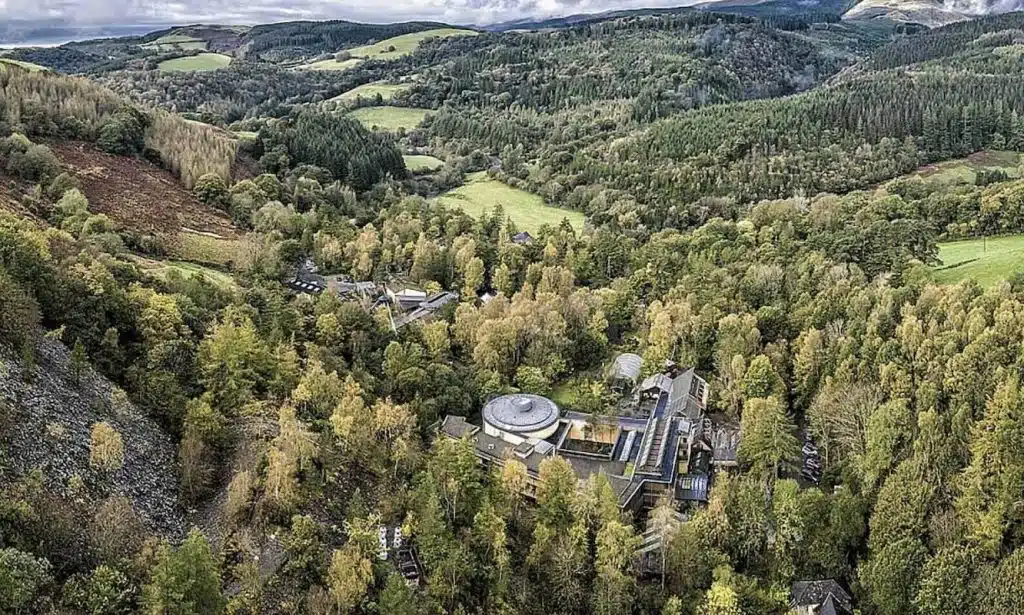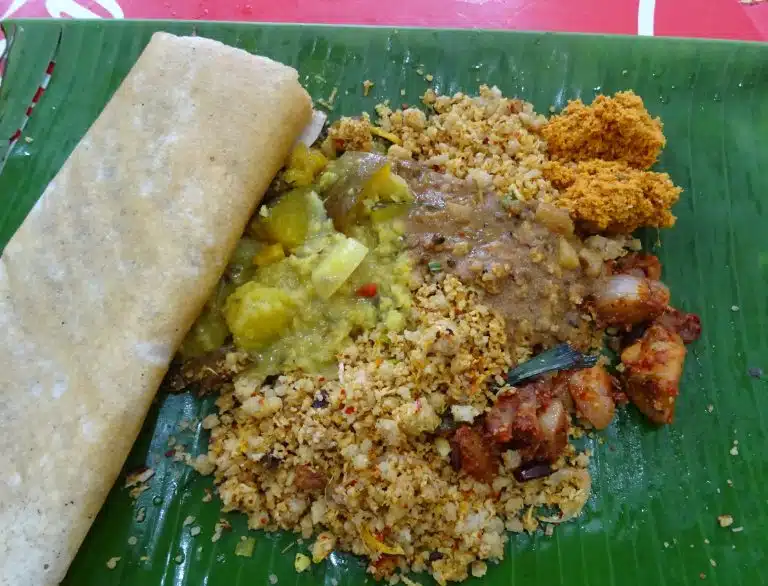Intro
Over lockdown, it’s safe to say I’ve become hooked on outdoor podcasts. As it’s not been possible to go on big adventures of my own, listening to other people talk about there’s has been a surprisingly good remedy.
These podcasts share riveting tales from polar expeditions and Atlantic rows to solo walks across the Himalayas and first ascents of remote peaks in untamed landscapes. And it’s all from individuals who revolve every aspect of their lives around the outdoors.
To say they are uplifting would be an understatement. They make me lust to get back outside, all fired up by their fantastic tales of exploration. I’d also be lying if I said I didn’t wish for the lifestyle many of the interviewees had.
The beauty is, overwhelmingly, these stories do a magical job of making adventure appear available and accessible to all. It’s undoubtedly an inspiring message and something I want to believe.
This mantra is echoed throughout media, by car manufacturers, insurance providers, clothing brands, perfume, aftershave, you name it. Adventure is right there in all its awesomeness for anyone to reach out and grab. And who wouldn’t want to grab it?
But as an adventure lover it got me thinking: is it actually available to us all?
The UK lockdown is soon to be finished and that will mean that adventure is back on the cards. But, is it on the cards for everyone?
What even is adventure?
‘Is adventure accessible?’
I shared this excruciatingly ambiguous question with the Twittersphere and the resounding responce was: ‘what do you define as adventure?’.
A good point.
According to Merriam-Webster, it’s ‘an undertaking usually involving danger and unknown risks’.
By this definition, our weekly Morrisons shopping trips throughout lockdown have definitely been adventures.
Ask the chaps at the Cambridge Dictionary and they think it’s: ‘an unusual, exciting, and possibly dangerous activity, such as a trip or experience, or the excitement produced by such an activity’.
And according to Sean Conway, an idol of mine, adventure is just a mindset. So going by that, ANYTHING can be an adventure.
It doesn’t take you long to realise that everyone has their own concept of the A-word. However, people seem pretty content with it being a personal observation rather than everyone on Twitter shouting THAT’S NOT ADVENTURE, YOU’RE WRONG, like it sometimes can with other topics.
So surely adventure is REALLY accessible?
100%. If adventure is less about what you do and more about how you do it then the opportunities are boundless and available for anyone.
And outdoor pursuits are pretty accessible.
Geographically, you can run, hike, bike, swim, walk and climb in pretty much any country around the world. It doesn’t require a membership or an education and, for many activities, you can kit yourself out for less than the price of a PS4 game.
Topping it off, the great outdoors itself doesn’t discriminate, it’s always open and can be embraced on your own or as a group. It’s a beautiful thing, really.
Sure, just going outside and getting sweaty doesn’t necessary = adventure. But, with some imagination, you can turn regular outdoor activities into ones that fit into the typical adventure category.
Head out for a hike in a storm and you’re going to get your adrenaline pumping. Go for an off-road run at nighttime with a head torch and you can get a good adventure fix. With some creativity, you barely have to venture far from the house to experience something ‘unusual, exciting and possibly dangerous’.
This was what originally drew me to the outdoor lifestyle I have now: the bewildering possibilities you can unearth in a landscape if you look at it in the right way.
In this light, I completely get the mantras from the podcasts. The benefits of the outdoors are pretty unfathomable and so, without a doubt, we should be encouraging people to explore their surroundings.
With all of these natural opportunities around us, it absolutely feels like something everyone can and should embrace.
But the flexibility of adventure is a double-edged sword
Though it’s clear some ideals of adventure can be grabbed by virtually everyone, this was certainly not what they were talking about on the podcast. It’s not what is advertised on the 4×4 or sunglass commercials either.
Rallying across sand dunes, carving snow on pristine mountains, world-first summits and general Nat Geo-worthy antics … this is a very different type of adventure indeed. None-the-less, it’s marketed to be just as achievable and far more desirable than a hike in a nearby national park…
For the first time ever, I sat and I listened to another world-renowned podcast guest sharing their ‘the outdoors is accessible’ narrative, and thought: to who exactly?
With lockdown finishing and a world of possibility opening back up, I thought, hey, I’d love to go climbing in Guyana or do a polar crossing. But, realistically, there’s very little chance I could ever make that happen.
Perhaps I’m not trying hard enough? Or perhaps I don’t have the right priorities and that’s why these opportunities haven’t presented themselves thus far?
Yes, outdoor pursuits can be amazingly accessible, but in these conversations, from men and women who were highly educated, very rich, well connected and white, many had parents who were elite-level outdoor athletes or family renowned in outdoor circles, it felt a little detached from reality.
By no means am I belittling their achievements. I’m just saying, realistically, if they wanted to go on a grand expedition – a REAL adventure – they could probably do so with very few obstacles and have sponsors lined up tomorrow. Could your average Joe or Josephine? Probably not.
‘Accessible to some’ doesn’t have the same ring to it…
I’m sure if you sat down and spoke with these podcasts, it would be clear their intention is to inspire. And what’s more inspiring than epic adventures that you could contemplate yourself? I just think it can be a dangerous narrative.
It’s just that, from the position they’re in, selling the romantic notion that their enviable lifestyle is available to everyone can set an unattainable dream. It can make those in different positions question their efforts if those dreams never become a reality.
I don’t think you can expect them to cover their story from every angle or check their privilege with every statement.
. I love listening to ground-breaking expeditionists sing about their triumphs – they completely should – just perhaps with more caution to how they put their story across.
My mother recently became dependent on a wheelchair; when I’m outside, I now spend a lot of time realising she’d no longer be able to share these moments with me. Some people aren’t able to pay for outdoor equipment, or transport, even if it does cost less than a PS4 game.
, outdoor media and advertising is to inspire (especially if that involves you taking out your wallet). In their eyes, the outdoors is accessible, and that’s an inspiring message to sell.
So realistically, is an Arctic crossing or a world-first expedition available to them? There’s always a possibility, but the road to that goal would be far longer, tougher and with plenty more bumps.
Don’t get me wrong, I understand that podcasts and outdoor media aim to inspire – it definitely does – but it can be an unscrupulous message they sell.
Of course, podcasts aren’t responsible for this; their aim is to inspire. And telling people that their lifestyle is available to everyone is hugely inspiring.
We shut some doors to adventure ourselves
Still, there are plenty of other things you’ve got to consider.
Tackling the financial or physical aspects that hold people back from the outdoors is a SERIOUSLY complex. Individually, as a small group or even as a podcast, how can you effectively make outdoor pursuits more economically-available to others? Would you have the power to make certain experiences more wheelchair-accessible?
In my experience, if you want something doing you’ve got to do it yourself. And whilst the physical barriers might be a bit more complicated, the social barriers are things we can easily tear down immediately, together.
This article is being written in the light of Sarah Everard’s murder and less than a year from the BLM protests.
I’m very much aware that as a white man of no religion, it’s easy for me to say the outdoors is accessible. I’ve never really questioned my safety from others whilst in the outdoors, even when in remote regions and distant lands. And I’m guilty of taking this for granted.
But these social elements are in our control.
We are the culprits behind the prejudice, the attitudes and behaviours which make adventure less welcoming for others. We are also the solution.
Something worth fighting for
If we can work to make the outdoors more accessible, the whole prospect of adventure will follow suit.
W
The more accessible the outdoors became the more acessible adventure becomes.
Unscrupulous




